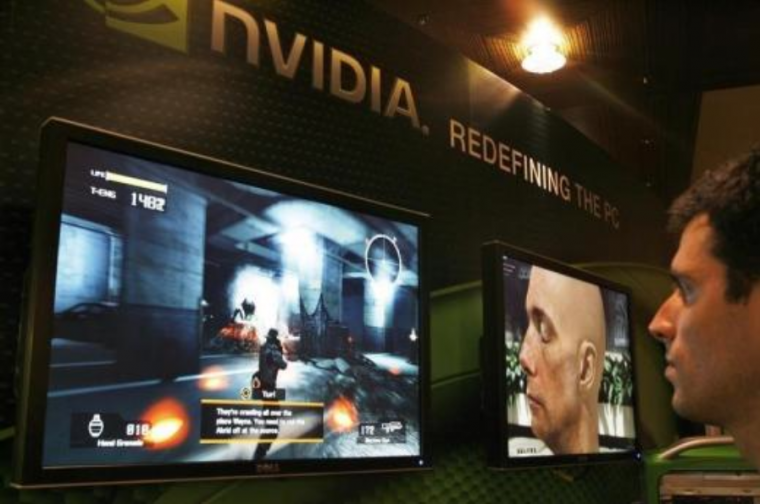NVIDIA news: GPU company makes new breakthrough with AI

NVIDIA yet again makes another big achievement with its artificial intelligence (AI), as the technology has been able to make something nearly realistic once more.
Earlier back in November, NVIDIA was proud to announce that its AI, powered by their own proprietary chipsets, has been able to create images of new people which do not exist. Now, the AI has taken a bigger leap forward after creating convincingly realistic fake videos. The AI powered by NVIDIA can now manipulate certain video techniques and incorporate special effects in them such as changing the weather, changing the time of day, or even the spots on a leopard's fur
In a video recording of the AI's output, it was able to manipulate a video to make it appear significantly different, making it snow on streets that are always sunny, among other feats. What makes this more impressive is that this was all unsupervised since the developers have programmed the AI with a new learning method that allows it to make its own changes to a video content. The results are convincing.
Previous methods for identical video translation by AIs required massive amounts of effort and even needed management from human beings. This was perhaps the first time an AI has been able to do it alone with just its own learning instruction set. The AI being able to imitate reality may have a lot of implications and uses in the near future, and with the rate that NVIDIA's AI is improving, it might not take long until it can have some practical uses and more breakthroughs.
Oli Franklin-Wallis from Wired has suggested that the biggest casualty for which AI's might cause is not the replacement of human in jobs, but how we perceive reality since the machines have now shown that they are capable of replicating it this early on, if only visually. At the moment though, there is not much the AI can do, and it is still too early to expect it to be able to produce movies on its own.
The biggest casualty to AI won't be jobs, but the final and complete eradication of trust in anything you see or hear. https://t.co/sg9o4v2Q3f pic.twitter.com/nkj007LtEF
— Oli Franklin-Wallis (@olifranklin) December 4, 2017











